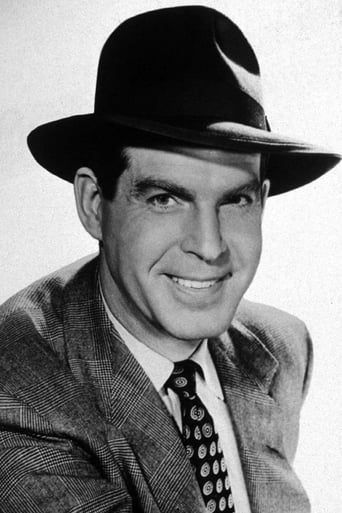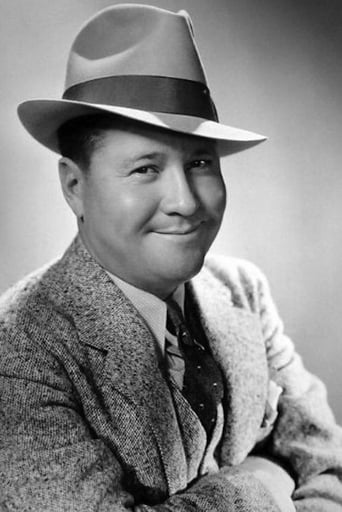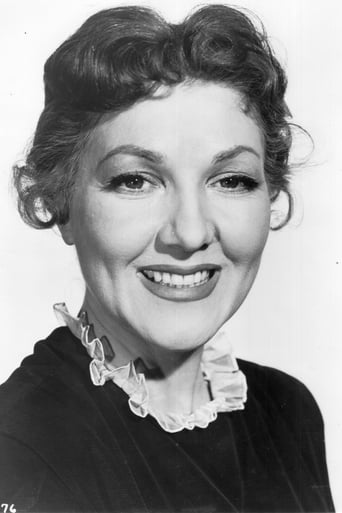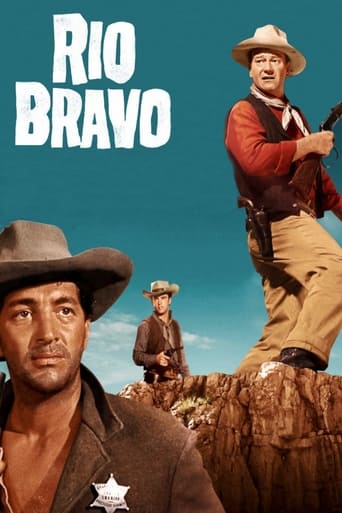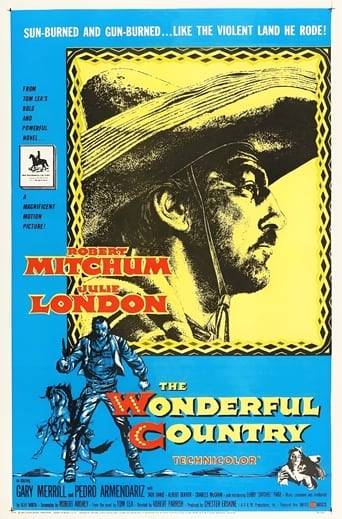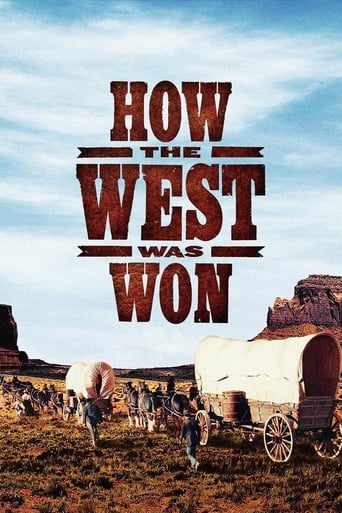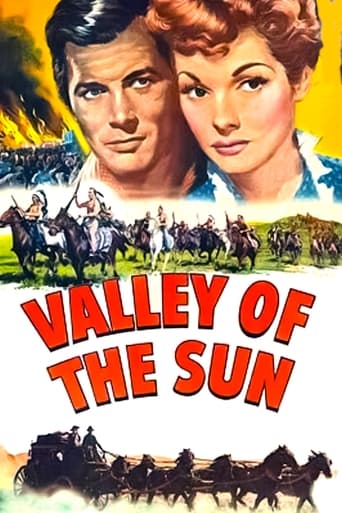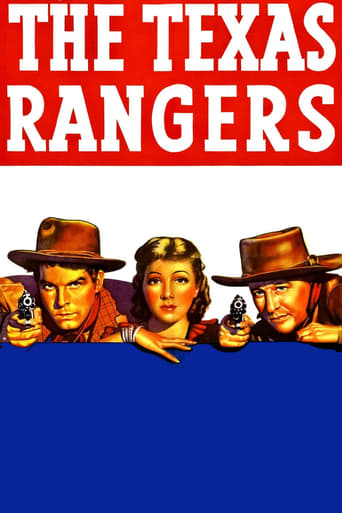
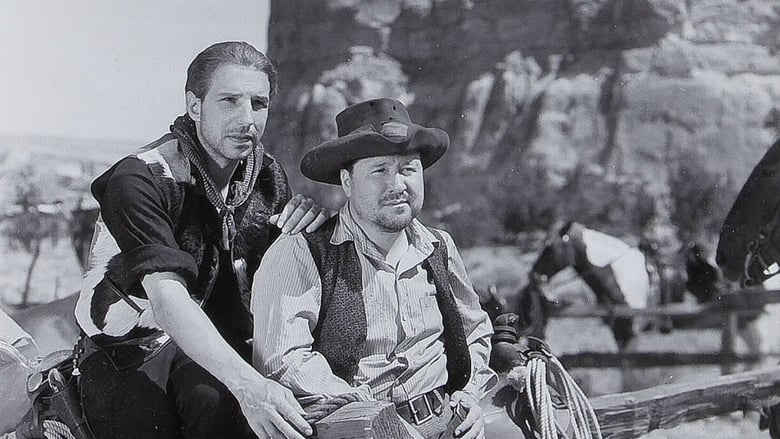
The Texas Rangers (1936)
Two down-on-their-luck former outlaws volunteer to be Texas Rangers and find themselves assigned to bring in an old friend, now a notorious outlaw.
Watch Trailer
Cast
Similar titles
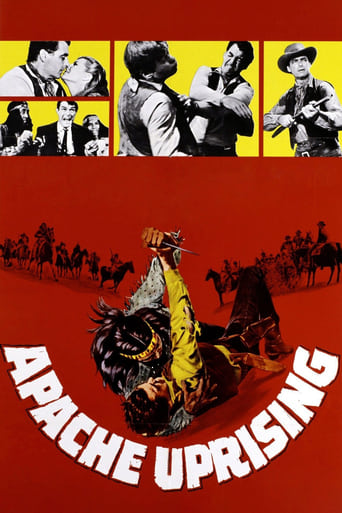
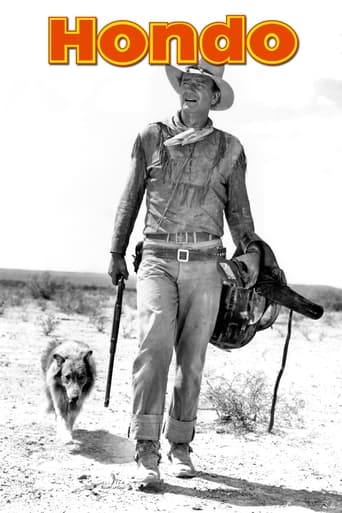
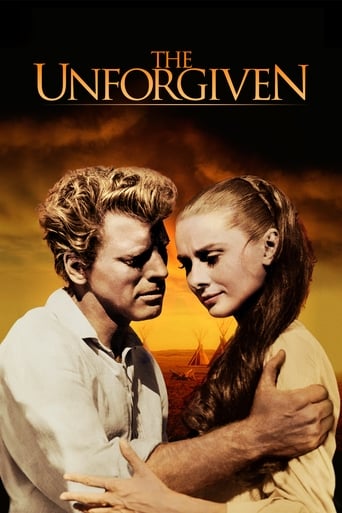
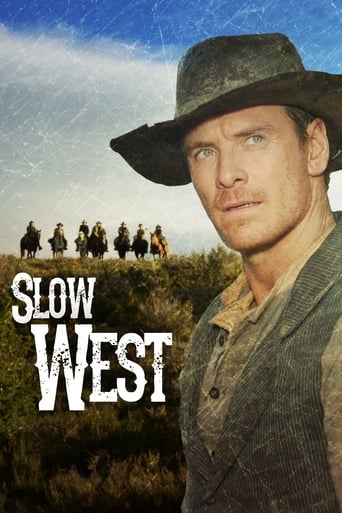
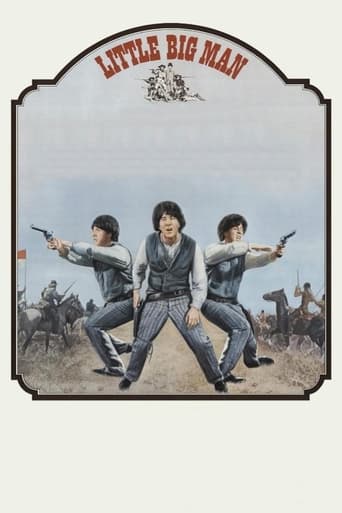
Reviews
Very very predictable, including the post credit scene !!!
Just perfect...
A lot of fun.
I am only giving this movie a 1 for the great cast, though I can't imagine what any of them were thinking. This movie was horrible
Two Texas bandits (Fred MacMurray and Jack Oakie) join the Texas Rangers in order to avoid being caught and slowly reform. They take on raids by Native Americans and another bandit (Lloyd Nolan) while MacMurray further reforms thanks to a beautiful woman (Jean Parker). Exciting action sequences (particularly a scene with falling boulders)and humor by Oakie are among the highlights. MacMurray, then at the start of his lengthy career, is quite likable in spite of a tough facade. Benny Bartlett is excellent as the young boy MacMurray mentors initially against the law and later on its side. Parker gets some better material than most heroines do in westerns. This is a perfect old movie to introduce today's youth to the great westerns of yesteryear.
The Texas Rangers (1936)Routine. There are elements here of Westerns earlier (there were hundreds of obscure ones) and Westerns later (including some well known ones), with stagecoach holdups and cowboy and Indian battles (the Indians lose again) and with pioneer justice. All of the above, plus a man reluctant to see the love of a lonely and lovely woman out on the edge of nowhere.In a sense, it isn't worth watching if you have other Westerns up your sleeve. But--there has to be a but--the plot is interesting because it turns upside down more times than a tumbleweed, the filming (with Cronjager behind the camera) is straight up and strong, and we get an early look at unlikely Wild West hero, Fred MacMurray. For those who like Westerns, this is a decent mid-30s example, before the explosion of greater examples in 1939.The title is exactly what the movie is about on the surface--the ragtag but well supported Texas lawmen known as the Texas Rangers (legendary enough to not only have a more recent widely panned movie about them made starring Ashton Kushner but also a Baseball Team). It almost is a promo piece for the group, with a voice-over in the beginning like those FBI films of the 1950s. MacMurray is actually a bandit, teamed up with a kind of goofy second lead, Jack Oakey. In fact, it seems like a comedy at first, and the lightweight air never quite lets up.It does get more serious, though, not only about love (briefly) but about the honor and ability of the Rangers to fight not only Indians but outlaws. MacMurray gets in the middle of a major mess because he plays both sides of the game, as outlaw and newbie Texas Ranger. Lloyd Nolan enters the plot after awhile and is a great outlaw of his own. It's hard to take MacMurray seriously in this rough rough world, but the music pumps it up and the scenery is dramatic and he holds his own well enough for a middling movie.And it's a bit long. Even if the plot seems to demand two hours with more and more twists, it loses something of velocity as it goes. King Vidor directed a number of notable silents in the 20s, and a few great 30s films (including the black and white parts of the Wizard of Oz). This one shows the solidity of a great director, and the wobbly backbone of a so-so script.
The Western genre was at a low ebb in the 1930s. It did not die out completely as has sometimes been claimed, but for the most part it was relegated to B-movie status (in fact B-Westerns were what John Wayne spent most of the 30s doing). It's also untrue that the genre was suddenly revived in 1939 by the arrival of Stagecoach. A-budget Westerns had been appearing for a few years before then, but they were odd affairs for the most part, born of a generation who had lost touch with the Old West.The Texas Rangers was perhaps the first of these bigger Westerns, and in many ways it plays like a recap of genre conventions, particularly the more farcical aspects. We have bandits who are good guys deep down, and Indians who might as well be hordes of zombies. Some of the more fun clichés, like an alcoholic judge, are briefly touched upon, but only briefly. The screenplay is on the whole a rather amateurish effort, riding roughshod over logic whenever a gap in the plot needs sewing up. I mean, are we really supposed to believe Jack Oakie is off in the hills counting out his loot by night, and yet is still consistently able to get his job as Stagecoach driver back each morning? Silly, even by the standards of the genre.And yet producer-director King Vidor was the kind of man to take such projects seriously. And he at least has a feel for the form. Too many of these 30s Westerns fail to make proper use of the open plains, which after all is what it's all supposed to be about. Not Vidor though – for him the seemingly endless vistas are an almost continual backdrop. Vidor's outdoor shots give you a real feeling of the emptiness, which is essential. You can't have a character singing "Bury Me Not on the Lone Prairie" unless the prairie looks appropriately lonesome. Vidor's direction of dialogue scenes is immaculate as always, generally holding the actors in long takes with occasional barely-perceptible camera shift, giving a real feeling of smoothness. His handling of action is the opposite, full of wild cuts and crazed angles to give a real feeling of frenzy. One of the most effective manoeuvres he pulls in The Texas Rangers is just before the heroes come face-to-face with the massive band of Indians. We begin with a tracking shot of them riding alongside a rock face, then the camera gradually turns, opening out the space, and eerily revealing the army of natives.Unfortunately not everyone is so suited to the genre. I don't buy MacFred as a Westerner, let alone a bandit. He just doesn't have the demeanour of a two-baths-a-year man. Leading lady Jean Parker is simply bland here, as is her character. Fortunately we do get to see a lot of Jack Oakie, who still doesn't quite look the part but is entertaining nevertheless. Oakie may be a comic but he can really act, as you will see in the one or two scenes where he has to play it straight. Lloyd Nolan is great too – his face says things that aren't in the script. And any picture that has Edward Ellis in is bound to be a treat. He is also the only player with a real bit of Western grit about him.The Texas Rangers may be the Western genre's reunion with big budgets and big stars, but it is really little more than a souped-up B-Western. It is directed with class, but the overall feel is one of shoddiness, mainly because the studios at the time weren't used to the form. They didn't have the stockpile of authentic performers or the ready-made frontier-towns at their disposal. We get the wide-open plains alright, but it takes more than chaps and Stetsons to conjure up the spirit of the Old West.
"The Texas Rangers" tells the story of three pals (Fred MacMurray, Jack Oakie, Lloyd Nolan) who are living the lives of outlaws until they become separated when cornered by a posse. MacMurray and Oakie wind up joining the Texas Rangers while Nolan becomes the notorious "Polka Dot Bandit". Eventually you know that the two sides will have the inevitable showdown. Great action scenes involving an Indian attack highlight the film. A very young clean-shaven MacMurray is good in the lead and Jack Oakie is..well Jack Oakie as MacMurray's trusty sidekick. Nolan is fittingly evil as the grinning villain of the piece. Heroine Jean Parker plays MacMurray's love interest who convinces him of the error of his ways. In the courtroom scene, watch for "B" western favorites George "Gabby" Hayes as a judge, Fred Kohlor as the town boss and Charles (Ming the Merciless) Middleton as his lawyer. If the story seems familiar, it was remade as "The Streets of Laredo" in 1949 with William Holden, William Bendix and Macdonald Carey in the MacMurray, Oakie and Nolan roles respectively.
